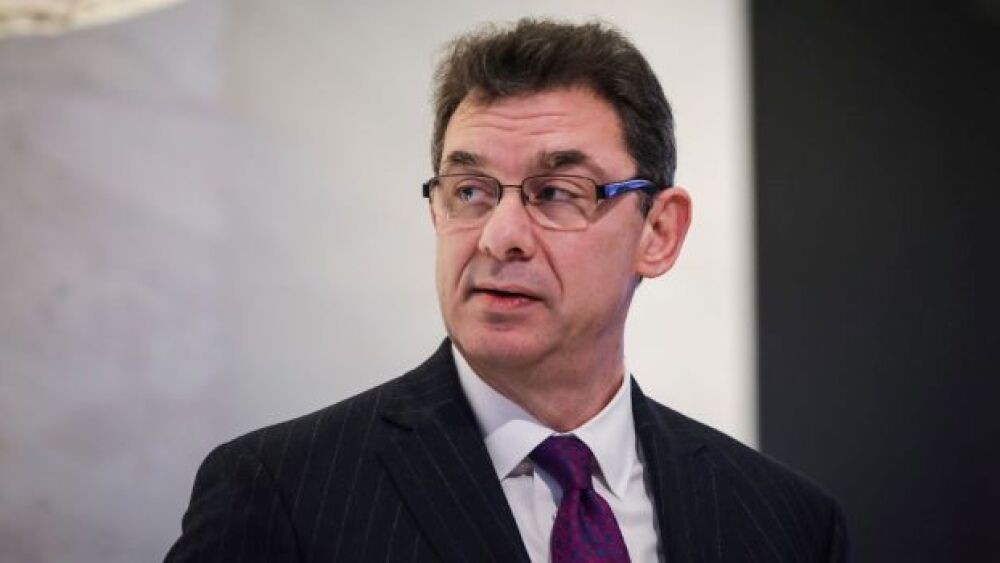Although the data is not there, Pfizer’s chief executive officer, Albert Bourla, recently said he thought people will “likely” need a booster dose of a vaccine within 12 months of getting fully vaccinated. It’s possible, he also said, they will need to be vaccinated annually.
Albert Bourla, CEO of Pfizer, pictured above. (Drew Angerer/Getty Images)
One of the unanswered questions regarding the COVID-19 vaccines is whether they will provide longer, durable protection. Or, alternately, will people need to receive a booster shot every year, like we do with the annual influenza shots?
Although the data is not there, Pfizer’s chief executive officer, Albert Bourla, recently said he thought people will “likely” need a booster dose of a vaccine within 12 months of getting fully vaccinated. It’s possible, he also said, they will need to be vaccinated annually.
Recent studies conducted by Pfizer-BioNTech confirmed that protection against COVID-19 stays high for at least six months after the second dose. This was the results of follow-up to their Phase III trials, and reported on April 2, that their vaccine was 91.3% effective against the disease, measured seven days through up to six months after the second dose. It was also 100% effective against severe disease.
On April 7, Moderna published similar data, indicating their mRNA vaccine, similar in technology to that used by Pfizer-BioNTech, also offers protection six months after the second dose.
The data is only six months old, so more research—and time—is necessary to fully understand how long protection will last.
Bourla’s remarks came on April 1 when he was being interviewed by CNBC’s Bertha Coombs during an event with CVS Health. He said, “It is extremely important to suppress the pool of people that can be susceptible to the virus.”
He also pointed out that vaccines will be important in battling the highly contagious variants, such as the Brazilian, U.K. and South African strains.
Earlier today, David Kessler, the Biden Administration’s COVID response chief science officer, reported that Americans should expect booster shots to offer protection against the variants. He added that the currently authorized vaccines are highly effective, but the variants erode the effectiveness of the current vaccines.
“We don’t know everything at this moment,” Kessler told the House Select Subcommittee on the Coronavirus Response. “We are studying the durability of the antibody response. It seems strong but there is some waning of that and no doubt the variants challenge … they make these vaccines work harder. So I think for planning purposes, planning purposes only, I think we should expect that we may have to boost.”
Pfizer-BioNTech are already testing a third dose of their vaccine to better understand the immune response against variants. And in March, the National Institutes of Health began testing a new Moderna vaccine against the South African variant.
Bourla had noted that the Pfizer-BioNTech vaccine provided the public with “extremely, extremely high protection” from being infected. And while that is “very, very good news,” he said that “vaccine protection goes down over time.”
Bourla said that the build and rates of mutation of SARS-CoV-2 are more similar to the influenza virus than it is to the poliovirus. The polio vaccine typically requires two to four doses, but provides lifelong protection.
“I think there will be a need, based on this data, for re-vaccinations,” Bourla said. “We need to see for how often we will need to do that, that remains to be seen. A likely scenario is that there will likely be a need for a third dose somewhere between six and 12 months [after the initial vaccination] and from there, there will be an annual revaccination. But all of that needs to be confirmed,” he said, noting that “the variants will play a key role.”





